
- 0 Comments
- PRMA Plastic Surgery
What is Coronavirus?
Coronaviruses are a large group of viruses that are common in people and many animals.
This new strand of coronavirus is a respiratory disease that was first detected in China and has now been detected in almost 70 locations internationally, including in the United States. The virus has been named “SARS-CoV-2” and the disease it causes has been named “Coronavirus Disease 2019” (“COVID-19”).
Who is at risk?
Currently most individuals in the US have a very small immediate risk of exposure to the virus.
How does it spread?
The virus is thought to be spread through respiratory droplets produced by an infected individual. Individuals can contract the virus by inhaling these droplets from an infected person coughing or sneezing, by sharing eating or drinking utensils, or by touching a surface that has the virus on it then touching their own mouth, eyes or nose.
What are the symptoms?
Today, those who are been diagnosed with COVID-19 report a range of symptoms from mild to severe. These symptoms include fever, cough and shortness of breath.
What steps can you take to prevent becoming sick and/or infecting others?
The best way to prevent getting sick is to avoid being exposed to this virus. The CDC recommends the following prevention steps:
- Avoid close contact with people who are sick.
- Avoid touching your eyes, nose, and mouth.
- Stay home when you are sick.
- Cover your cough or sneeze with a tissue, then throw the tissue in the trash.
- Clean and disinfect frequently touched objects and surfaces using a regular household cleaning spray or wipe.
- Wash your hands often with soap and water for at least 20 seconds, especially after going to the bathroom; before eating; and after blowing your nose, coughing or sneezing.
As our communities continue to feel the increased impact of coronavirus, we feel it is important to share with you what we are doing to help keep our patients and staff safe. We want our patients to know we have protocols in place and are following the CDC and local health officials recommendations and updates very closely.
To provide the safest environment for our patients and based on recommendations from the CDC to minimize the spread of Coronavirus, we are asking all patients call our office before entering the facility. Once the doctor or nurse is ready to see you we will give you a call and escort you directly to your consultation room.
Dial in number is 210-692-1181 extension 0.
In addition to eliminating gatherings in our waiting rooms, our safety protocol includes verbal screening of every patient and visitor before entering the office for:
– symptoms of acute respiratory illness (including a fever, cough, or difficulty breathing)
– any recent travel to another country or high risk area
– any possible exposure to an infected individual
Please also inform us before coming to your appointment if you are experiencing any of the above symptoms, or have been exposed to anyone who is sick.
Any person who is sick, or symptomatic staff, patients or visitors will be instructed to stay home. Appropriate plans for follow-up care will be made for symptomatic patients on a case-by-case basis.
We have also heightened our already vigilant cleaning and disinfecting procedures to ensure a healthy environment for patients and staff.
Because patient safety is our number one priority, we strongly recommend patients consider the potential risk involved with public transport and close personal contact in crowds during this time, especially for individuals who are currently undergoing, or have recently completed breast cancer treatment who are at a much higher risk of developing severe symptoms from the coronavirus. Currently the CDC is recommending high risk individuals avoid crowds and any non-essential travel.
For out of town patients traveling for a consultation at PRMA, we are happy to convert this in-person consultation to a virtual consultation via Skype.
If you or a loved one does become sick with any type of respiratory virus or illness (cold/flu/coronavirus), it is important to notify your healthcare providers immediately for proper diagnosis and treatment planning. It is also important to remember to notify your surgical team if you have an upcoming surgery scheduled and develop flu-like symptoms, a fever, a cough, or shortness of breath.
Information provided in this blog post is referenced from information provided by the US Center for Disease Control
Author: Dr. Minas Chrysopoulo and Courtney Floyd
This new strand of coronavirus is a respiratory disease that was first detected in China and has now been detected in almost 70 locations internationally, including in the United States. The virus has been named “SARS-CoV-2” and the disease it causes has been named “Coronavirus Disease 2019” (“COVID-19”).
Leave Comment
Sign Up for Our Monthly Newsletter
Continue Reading
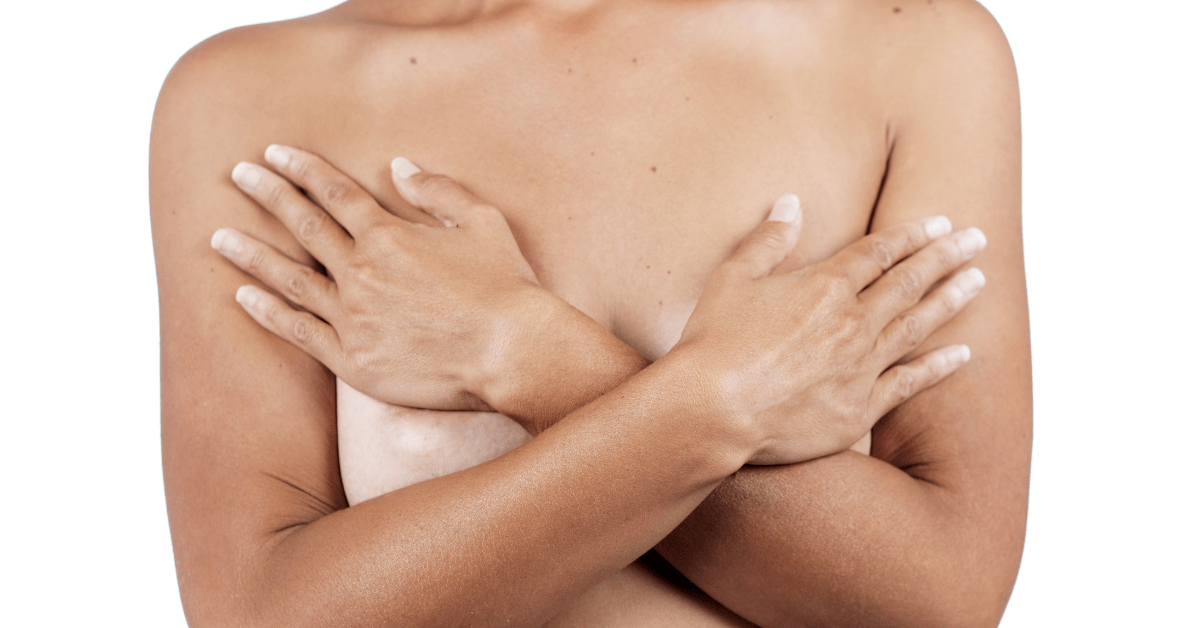
3D Nipple-Areola Tattooing After Breast Reconstruction: Here’s What You Need to Know
3D Nipple-Areola Tattooing After Breast Reconstruction: Here’s What You Need to Know March 31, 2021 Share on Facebook Twitter Linkedin One of the several options patients have after breast reconstruction surgery is complete, is to have the appearance of the nipple and areola recreated with a tattoo. These tattoos are applied using needles that insert […]
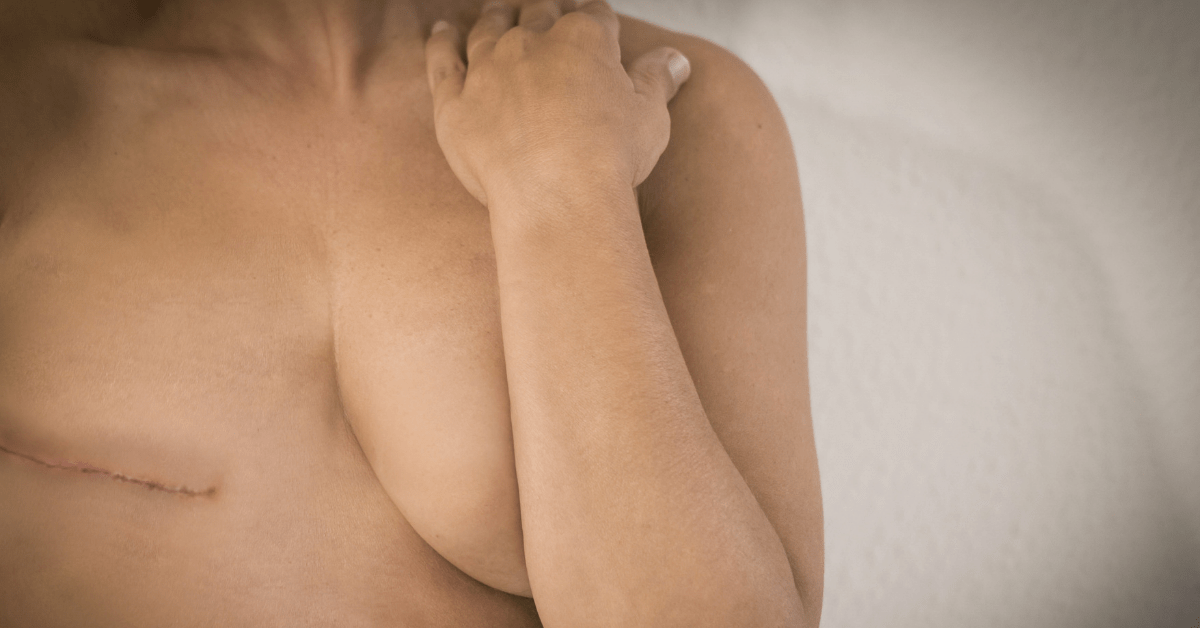
Mastectomy Reconstruction: Here’s What You Need to Know
Mastectomy Reconstruction: Here’s What You Need to Know March 03, 2021 Share on Facebook Twitter Linkedin Mastectomy reconstruction, or breast reconstruction, can take place at the same time as a mastectomy. Likewise, reconstruction can take place anytime after breast cancer surgery. When the reconstruction surgery is performed at the time of mastectomy, it is referred […]
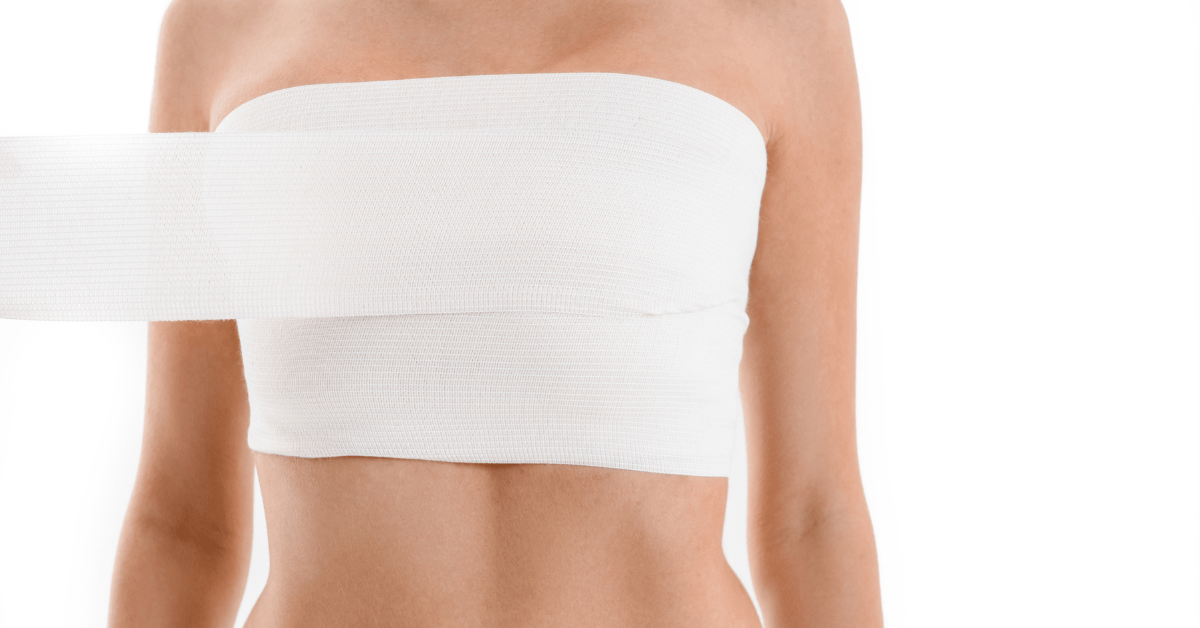
What is Recovery Like After Breast Reconstruction?
What is Recovery Like After Breast Reconstruction? February 17, 2021 Share on Facebook Twitter Linkedin Healing after surgery is a process and many of our patients always want to know what recovery is like after breast reconstruction. Our first response is always to remind patients the healing journey is not linear. Everyone is different. However, […]
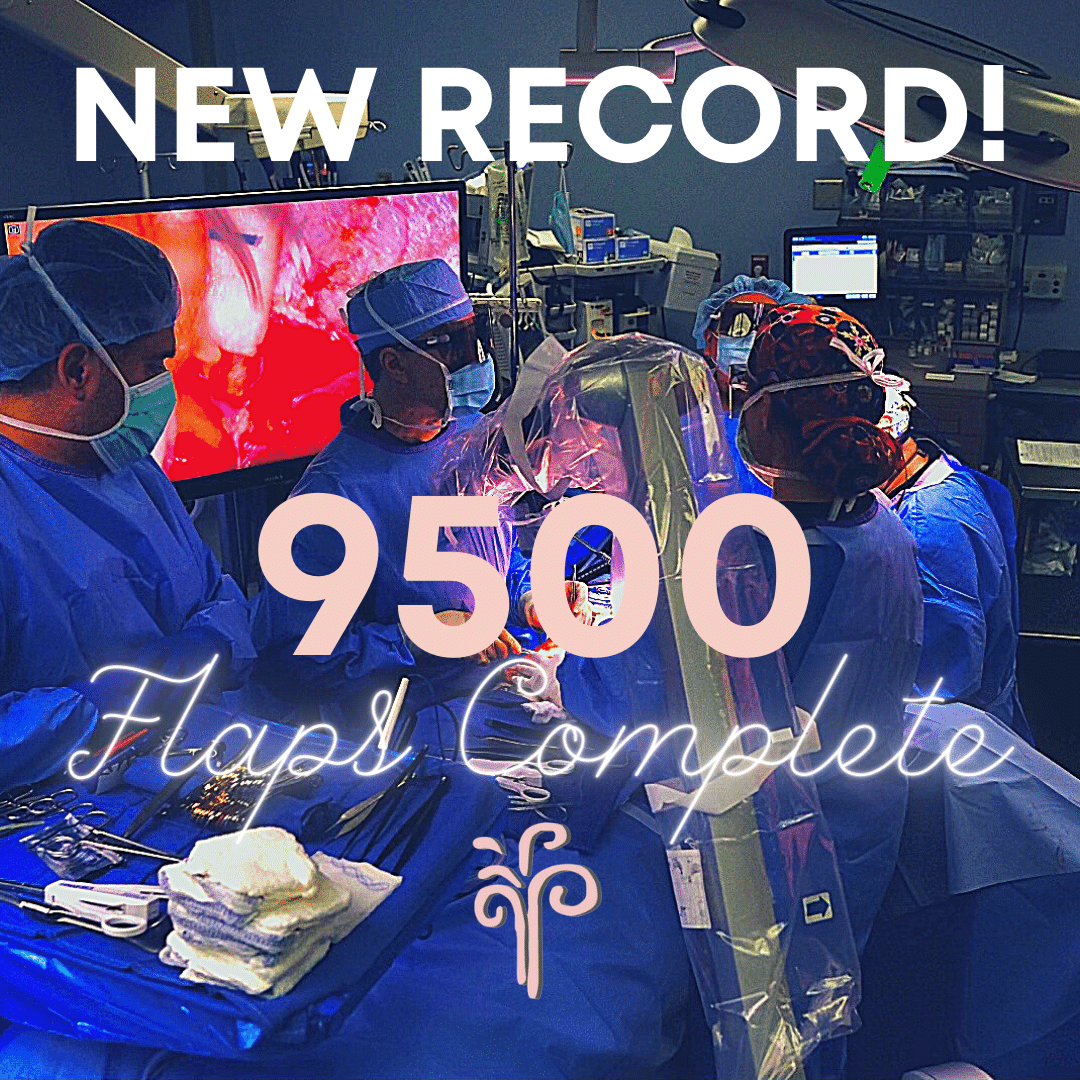
PRMA Performs Record Breaking 9500th Flap-Based Breast Reconstruction Procedure
PRMA Performs Record Breaking 9500th Flap-Based Breast Reconstruction Procedure February 03, 2021 Share on Facebook Twitter Linkedin The team at PRMA Plastic Surgery | Center for Advanced Breast Reconstruction in San Antonio, Texas has set a new practice record after completing their 9,500th free-flap breast reconstruction procedure. Free-flap breast reconstruction is today’s most advanced breast […]
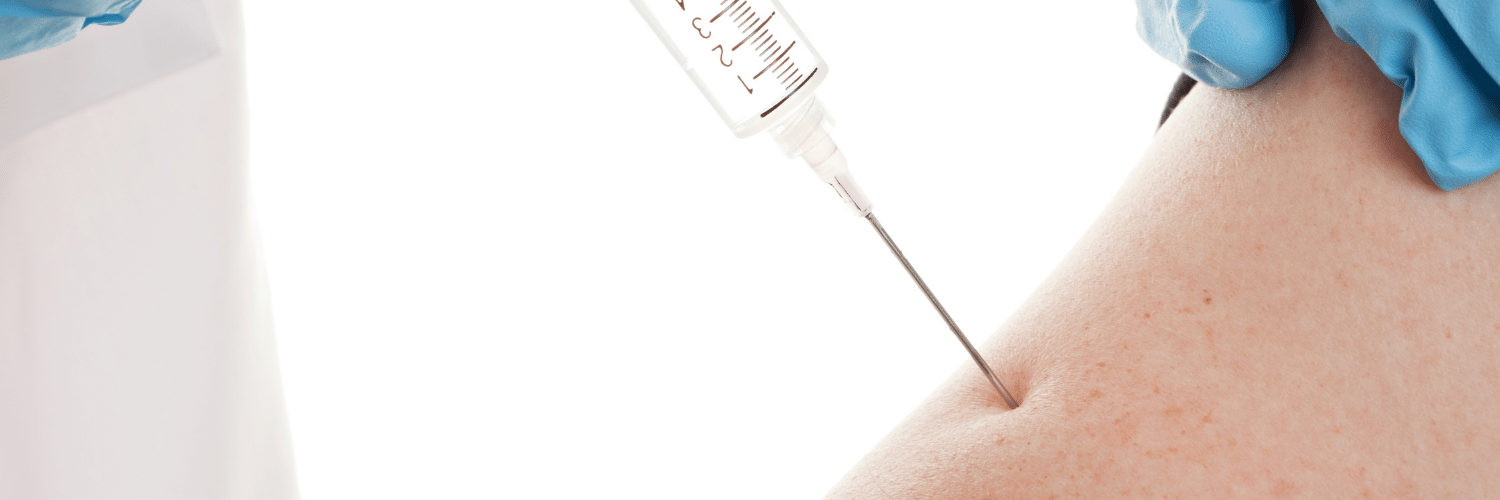
PRMA Surgeons Share Their COVID-19 Vaccine Experiences
PRMA Surgeons Share Their COVID-19 Vaccine Experiences February 03, 2021 Share on Facebook Twitter Linkedin Currently, the state of Texas is administering COIVD-19 vaccines to healthcare workers and individuals 65 and older, or those who have underlying health conditions that increase their risk for sever COVID symptoms. To do our part in the fight against […]

Are Tissue Expanders Necessary Before DIEP Flap Breast Reconstruction?
Are Tissue Expanders Necessary Before DIEP Flap Breast Reconstruction? January 28, 2021 Share on Facebook Twitter Linkedin Breast reconstruction is not a cookie-cutter procedure. Typically, reconstruction is done in stages for optimal cosmetic outcomes. What happens during each phase can look very different from one individual to another. A question we receive often is, “Are […]

Will My Nipples Have Feeling After a Mastectomy and Breast Reconstruction?
Will My Nipples Have Feeling After a Mastectomy and Breast Reconstruction? January 21, 2021 Share on Facebook Twitter Linkedin For many women facing a mastectomy, the possibility of losing their nipple may come as a surprise. For some patients, a procedure that saves the nipple and areola, known as a nipple-sparing mastectomy, may be an […]

Do Textured Implants Increase the Risk of Breast Cancer Recurrence?
Do Textured Implants Increase the Risk of Breast Cancer Recurrence? January 12, 2021 Share on Facebook Twitter Linkedin Recent headlines and studies are reporting an increased risk of patients with textured breast implants developing a rare form of cancer called breast implant-associated large-cell lymphoma. Disturbingly, a new study is now showing a link between textured […]

A Year in Review at PRMA – 2020
A Year in Review at PRMA – 2020 December 28, 2020 Share on Facebook Twitter Linkedin The COVID-19 global pandemic is an event that has made 2020 a year like no other. It can be hard to feel optimistic or reflect on the good with a year full of unprecedented change. “This past year has […]
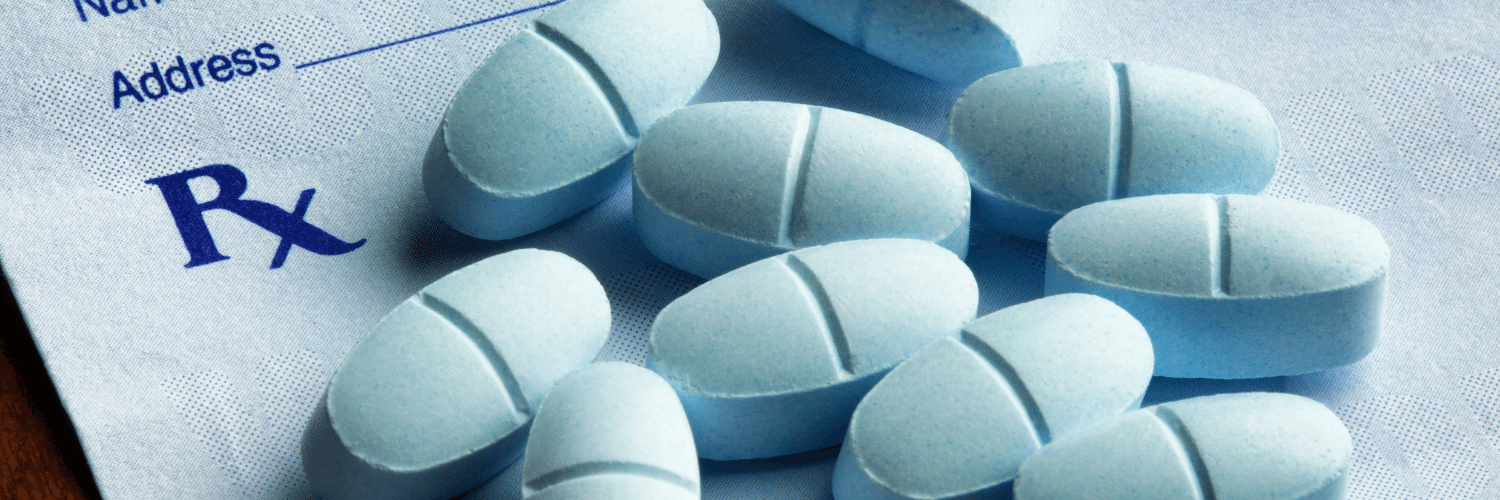
Reducing the Risk of Chronic Opioid Use After Breast Reconstruction with ERAS Protocol
Reducing the Risk of Chronic Opioid Use After Breast Reconstruction with ERAS Protocol December 16, 2020 Share on Facebook Twitter Linkedin A study presented at the 2020 San Antonio Breast Cancer Symposium reported that women with breast cancer may be at a high risk of developing a chronic opioid addiction following mastectomy and reconstructive surgery. […]
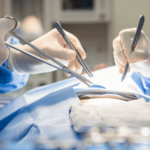
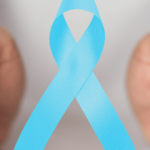
No Comments